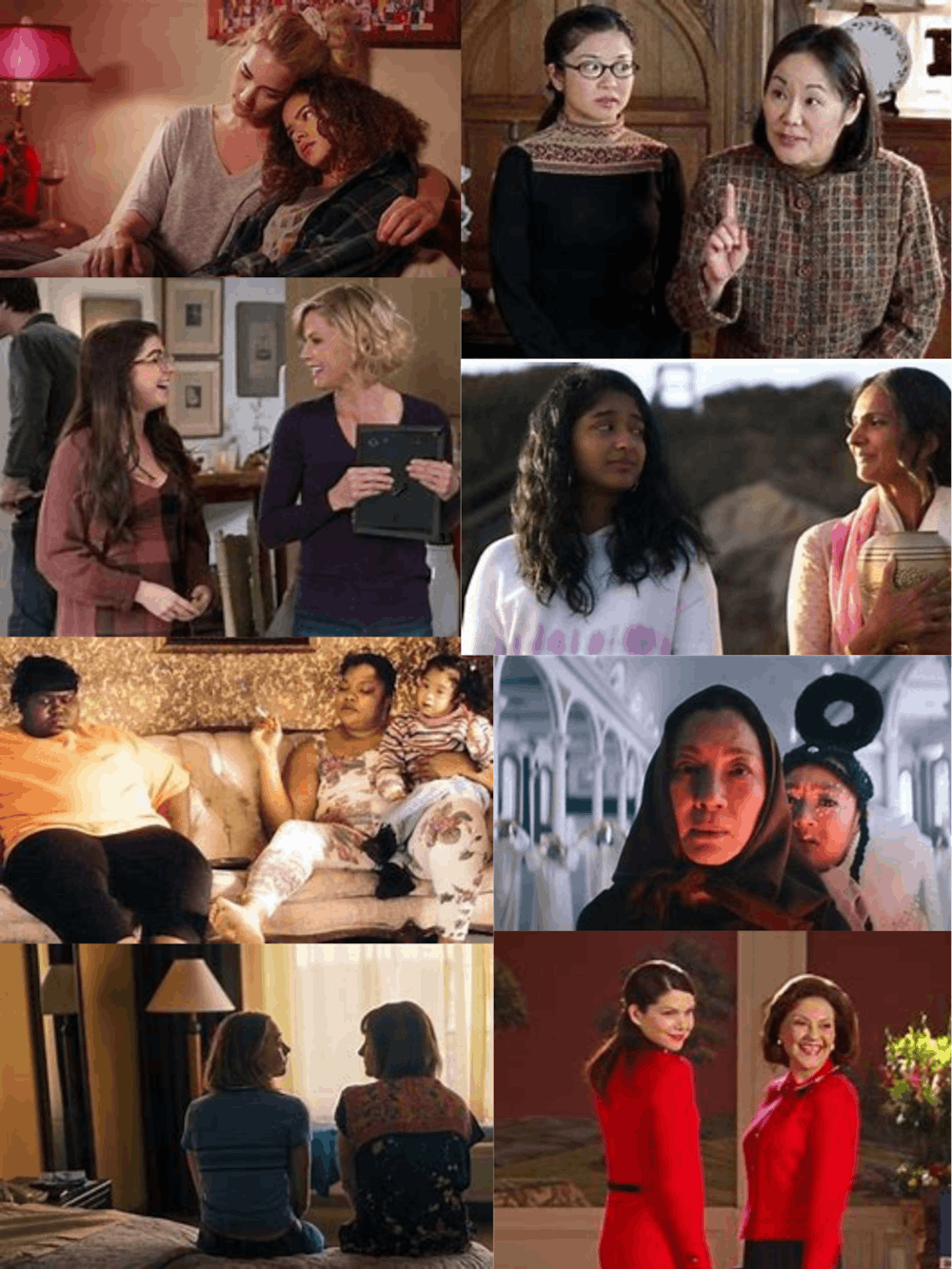The relationships between mothers and daughters are a complicated tale as old as time.
As women, growing up in a society where we are treated worse because of something as silly as gender, we are automatically pitted against each other at birth. The same can be said between a mother and her daughter, both literally and figuratively.
Women have always tried so hard not to compare to men but compete with women as if there is a spot at the top that only a select few should have. So, how does this reflect in our relationships with our moms and daughters?
We women come in many sizes, colors, and cultures. The experiences of women are different in multiple ways, yet they all collide in one way or another.
As a young black girl soon to be a legal adult, I have seen so much, yet not enough at all. In a city like Philadelphia, growing up in a black community with black friends and people of color, my experiences have taught me something new year to year.
Not only do our relationships with our mothers differ within family dynamics, but they also depend on who our mothers were before us.
We are in 2023, and though things are better and what has been known as “traditional values” are now considered problematic, we still have work to do; we still lack change within our personal relationships with our moms, and why? Because the world our parents were born in, specifically our mothers, lacked this budding change.
Instead, they bring their parent’s values that they once protested as young people into the lives of their young daughters. Not everyone can bear to disappoint their mothers; I know I certainly can’t, so we learn to keep our mouths shut. We say it will all change once we are able to move out, when in reality, not having these life-altering conversations with our mothers only hurt us rather than help us in the future.
We find ourselves becoming just as distant, and we lose ourselves in our anger or sadness just like our mothers did. This is a recurring cycle that becomes a comforting routine.
Our mothers grew up in a world where men were the providers and often got the final say in all serious circumstances. They grew up in a time when men could be anything they wanted, but our mothers should just be mothers and act like what society deemed acceptable for a woman.
We are extensions of our mothers—how could they raise us in a way that they don’t know how? It is why, as women, we want to be our mothers but somehow want no part of them in us.
Our moms pass on the misogyny men had for them to us. They dictate what we wear, comment on our bodies, put down our own valid experiences, and find themselves to be better than us because they got through the hard part already.
Enjoy what you're reading?
Signup for our newsletter
Somehow, they think they are helping us, too, by trying to push the narrative that we have it easier. It is why when people say, “You act just like your mother,” we first take it as an insult. We love our mothers; we just don’t love how they reflect a negativity that was taught to them that is difficult to unlearn.
I can’t speak on everyone’s experiences with their mothers. I just know, as a woman, a daughter, and an observer, what the truth is for so many other daughters like myself.
It is important to understand the significance of womanhood and motherhood and how they intersect. As daughters, we reserve the right to be angry at our mothers; we reserve the right to not give in to their toxic norms to cope, but we also reserve the right to understand them. Our mothers were once daughters, and their mothers were once just daughters, too, trying to escape their troubling youth and disapproval of their mothers and so on.
The majority don’t know how to break the cycle; some know and are scared to. Motherhood, when it comes to daughters, is just women learning how to unconditionally love other women while putting themselves and their past aside. It is sacred because we are just them in a new time, under a different light but similar circumstances.
“Don’t worship me until I’ve earned it.”
- A mother to her daughter in the 1983 film “Terms of Endearment”




